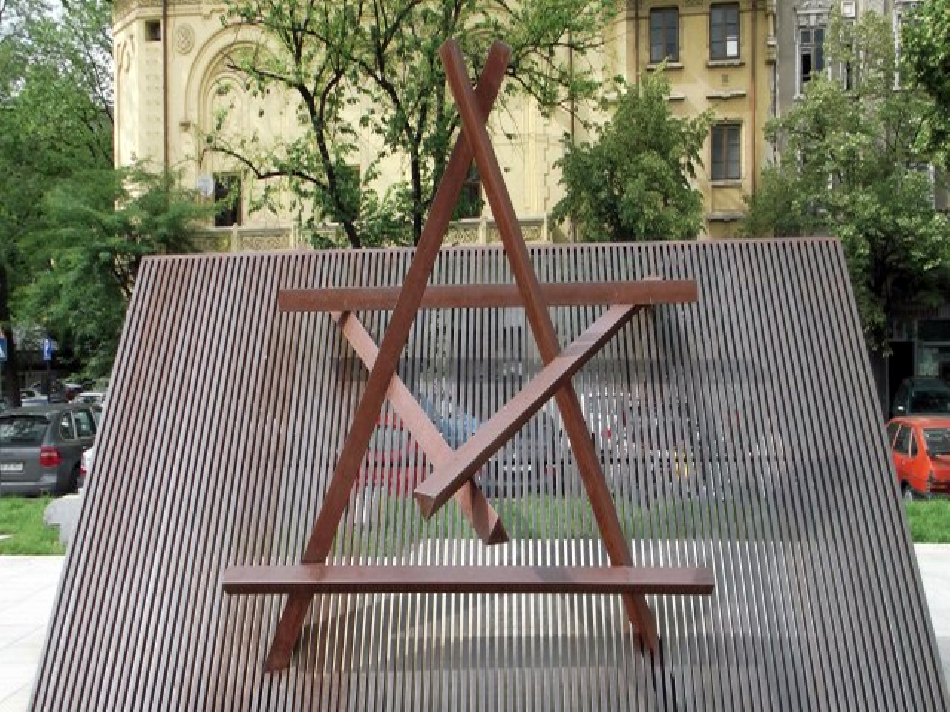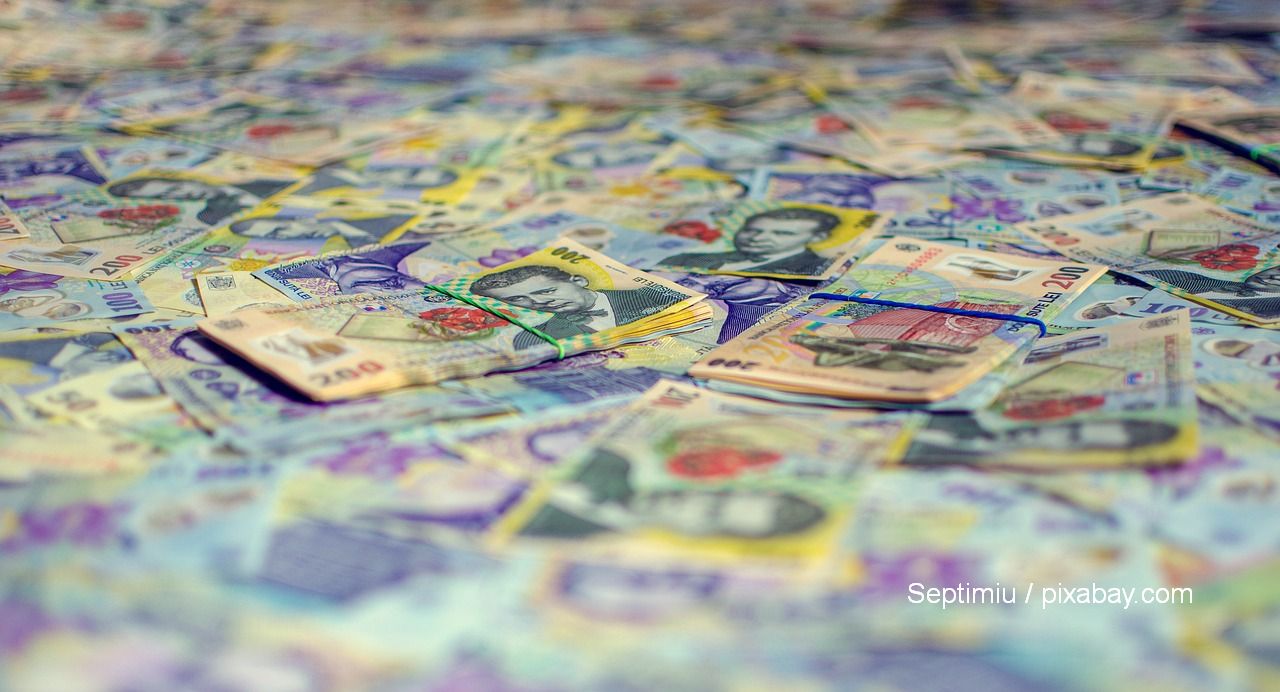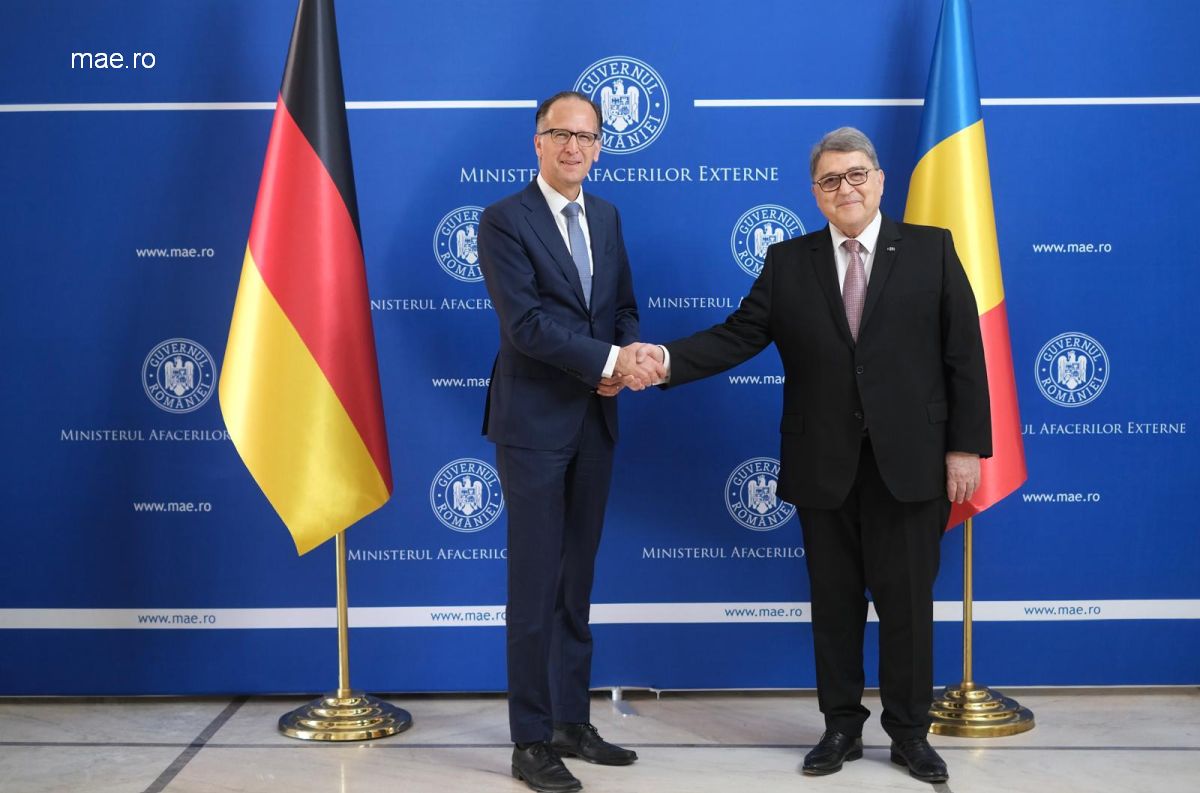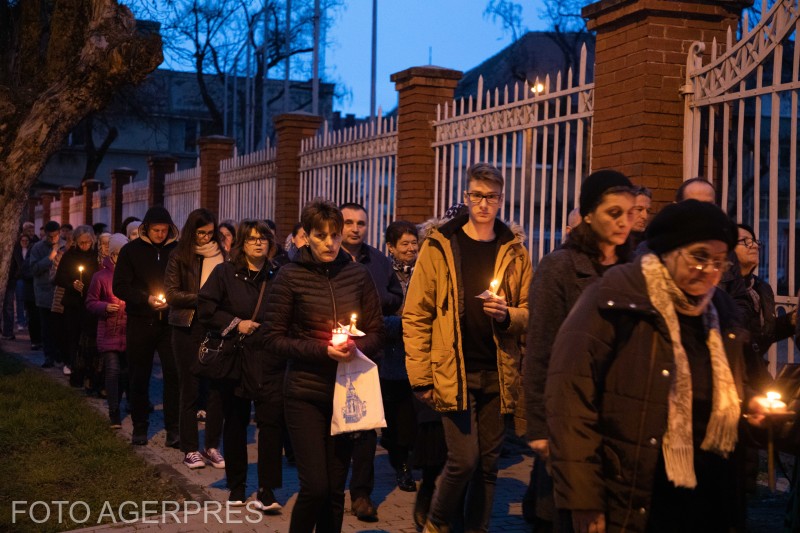The Commemoration of the Holocaust in Romania
Romania this year once again officially commemorated the Holocaust. On Tuesday, meeting in a solemn session, the lower chamber of the Romanian Parliament issued a statement reaffirming the commitment towards fighting xenophobia and anti-Semitism. At the same time, the members of parliament called on the government to continue supporting the programs to commemorate the victims of the Holocaust.

Bogdan Matei, 09.10.2013, 14:20
Romania this year once again officially commemorated the Holocaust. On Tuesday, meeting in a solemn session, the lower chamber of the Romanian Parliament issued a statement reaffirming the commitment towards fighting xenophobia and anti-Semitism. At the same time, the members of parliament called on the government to continue supporting the programs to commemorate the victims of the Holocaust.
As the statement phrased it, ‘owning up to the past represents a moment of responsibility’. Representing the Jewish minority in Parliament, MP Aurel Vainer saluted the fact that the legislative body passed an important law against xenophobia and racism. Attending the session, Israeli ambassador Dan Ben Eliezer also said he appreciated the legislation that Romania passed against denying the Holocaust and anti-Semitic speech. In Europe, the Holocaust is commemorated annually as the international day of fighting against racism and anti-Semitism on October 9.
This is the date in 1938 when Kristallnacht occurred, which left a few hundred Jews dead, but that was only the beginning of what became the Holocaust, making more than six million victims. For Romania, however, October 9th 1941 has an added significance. At the time, Romania was ruled by the regime of Marshal Ion Antonescu, allied with Hitler against the Soviet Union, and on this date it started deporting Jews from its eastern provinces, Bessarabia and Bukovina, to neighboring Transdniestr.
Various statistics indicate that between 250,000 and 300,000 Jews died as a result. During the communist dictatorship, the Holocaust was not given the proper public acknowledgment. That was the case until 2004, when a special presidential committee issued a report recognizing the event as the most tragic event in recent Romanian history aside from the abuses of the communist dictatorship. For Romanians, the Holocaust meant guilt, but it also meant bravery, since many Romanians, including Queen Mother Elena, risked much to save Jews from the Holocaust, and were recently recognized as such, even being granted the distinction of Righteous Among the Nations.






























